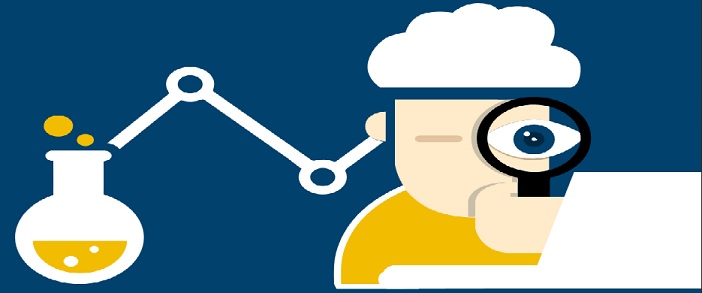Check Point® Software Technologies Ltd.(link is external) has emerged as a leading player in Attack Surface Management (ASM) with its acquisition of Cyberint, as highlighted in the recent GigaOm Radar report.
The term "bug," meant to describe glitches in software, dates back to 1947 when engineers at Harvard found a moth stuck to computer components. The moth, found between relay contacts and causing the computer to malfunction, was famously recorded by Grace Murray Hopper in her log book as "first actual case of bug being found."
Today, 70 years later, software testing is an increasingly vital part of nearly every business in industries across the board because of the widespread adoption of digitization, automation, and emerging technologies. And so, software testing service providers, which work across a broad spectrum of industries in tech, find themselves with a unique window into the software of these businesses and their development cycles.

QualiTest recently compiled a data report analyzing software testers globally(link is external). The report details the Quality Assurance and Software Testing job market, one of the fastest growing job markets and a bellwether of tech employment due to QA's involved in nearly every conceivable industry.
The questions posed before compiling the data were the following:
■ How has the state of software testers evolved?
■ What are the global and gender differences within the software testing community?
■ What skills must software testers possess, and how do they compare to past requirements?
The report's highlights include:
■ Globally, the software testing community is split 66 percent male and 34 percent female.
■ The breakdown of specific countries brought interesting results. China, at 42 percent female testers, has the highest percentage of female testers. However, the US has the highest number of female testers. At 28 percent female testers, the UK has the lowest percentage.
■ The country with the highest concentration of software testers is Ireland, followed by the US, Canada, and Israel.
■ Looking at the size of companies that employ software testers, QualiTest found that more than a third of software testers work at companies with more than 10,000 employees, and more than half work at companies larger than 1,000 employees.
■ Two thirds of all software testers work in the high technology industry. Half of the high technology software testers work in information/technology services and another 30 percent work in computer software. The industries that follow are: manufacturing, government, finance, consumer goods, and corporate services.

Industry News
GitHub announced the general availability of security campaigns with Copilot Autofix to help security and developer teams rapidly reduce security debt across their entire codebase.
DX and Spotify announced a partnership to help engineering organizations achieve higher returns on investment and business impact from their Spotify Portal for Backstage implementation.
Appfire announced its launch of the Appfire Cloud Advantage Alliance.
Salt Security announced API integrations with the CrowdStrike Falcon® platform to enhance and accelerate API discovery, posture governance and threat protection.
Lucid Software has acquired airfocus, an AI-powered product management and roadmapping platform designed to help teams prioritize and build the right products faster.
StackGen has partnered with Google Cloud Platform (GCP) to bring its platform to the Google Cloud Marketplace.
Tricentis announced its spring release of new cloud capabilities for the company’s AI-powered, model-based test automation solution, Tricentis Tosca.
Lucid Software has acquired airfocus, an AI-powered product management and roadmapping platform designed to help teams prioritize and build the right products faster.
AutonomyAI announced its launch from stealth with $4 million in pre-seed funding.
Kong announced the launch of the latest version of Kong AI Gateway, which introduces new features to provide the AI security and governance guardrails needed to make GenAI and Agentic AI production-ready.
Traefik Labs announced significant enhancements to its AI Gateway platform along with new developer tools designed to streamline enterprise AI adoption and API development.
Zencoder released its next-generation AI coding and unit testing agents, designed to accelerate software development for professional engineers.
Windsurf (formerly Codeium) and Netlify announced a new technology partnership that brings seamless, one-click deployment directly into the developer's integrated development environment (IDE.)













